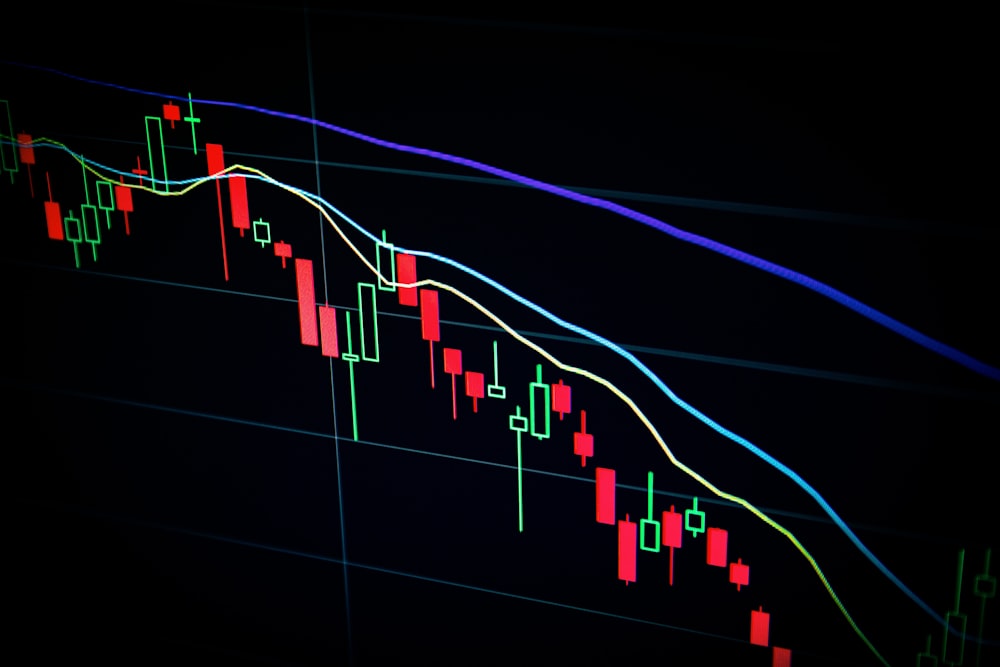📚 Table of Contents
Understanding Global Market Investments
Investing in global markets means diversifying your portfolio beyond domestic borders to include assets from different countries and regions. This approach allows investors to tap into growth opportunities in emerging and developed economies, reducing reliance on a single market. Whether it’s stocks, bonds, real estate, or commodities, global market investments offer a broader range of options to maximize returns while managing risk.
For instance, while the U.S. stock market may experience a downturn, Asian or European markets could be thriving. By spreading investments across geographies, you can mitigate the impact of localized economic downturns. However, global investing also introduces complexities like currency fluctuations, geopolitical risks, and varying regulatory environments. Understanding these dynamics is crucial before diving in.
Benefits of Global Investing
One of the most significant advantages of global market investments is diversification. By allocating funds across multiple regions, you reduce the risk of significant losses tied to a single economy. For example, during the 2008 financial crisis, investors heavily concentrated in U.S. markets suffered substantial losses, while those with exposure to emerging markets like China or India fared better.
Another benefit is access to high-growth opportunities. Emerging markets often experience faster economic expansion than developed ones, offering the potential for higher returns. Countries like Brazil, India, and Vietnam have seen rapid industrialization and consumer growth, creating lucrative investment prospects.
Additionally, global investing allows you to hedge against currency risks. If your domestic currency weakens, foreign investments denominated in stronger currencies can offset losses. This strategy is particularly useful for long-term investors looking to preserve wealth.
Risks and Challenges
While global market investments offer numerous benefits, they also come with inherent risks. Currency fluctuations can significantly impact returns. For example, if you invest in European stocks and the euro weakens against your home currency, your returns may diminish when converted back.
Political and economic instability is another concern. Countries with volatile governments or unstable economies can pose risks to investors. Sanctions, trade wars, or sudden policy changes can affect market performance. For instance, the Brexit referendum caused significant volatility in European markets, impacting global investors.
Regulatory differences and tax implications also add complexity. Each country has its own rules regarding foreign investments, dividends, and capital gains. Navigating these regulations requires careful planning and often professional advice.
How to Get Started
Entering the world of global market investments begins with research. Identify regions and sectors that align with your financial goals and risk tolerance. Tools like ETFs (Exchange-Traded Funds) and mutual funds focused on international markets can provide a diversified entry point without requiring deep knowledge of individual stocks.
Opening an international brokerage account is another option. Many platforms offer access to foreign exchanges, though fees and minimum investments may vary. Alternatively, consider American Depository Receipts (ADRs) or global mutual funds, which allow you to invest in foreign companies through U.S.-based instruments.
Consulting a financial advisor with expertise in global markets can also be invaluable. They can help tailor a strategy based on your objectives, whether it’s growth, income, or capital preservation.
Strategies for Success
A disciplined approach is key to succeeding in global market investments. Dollar-cost averaging—investing fixed amounts at regular intervals—can help mitigate volatility. This strategy reduces the risk of investing a lump sum during market peaks.
Rebalancing your portfolio periodically ensures that your asset allocation stays aligned with your goals. For example, if one region outperforms others, it may become overweight in your portfolio, increasing risk. Regular rebalancing maintains diversification.
Staying informed about global economic trends is also crucial. Follow news on interest rates, inflation, and geopolitical events that could impact markets. Subscribing to financial newsletters or joining investment forums can provide valuable insights.
Real-World Examples
Consider the case of Japan’s Nikkei 225 index, which saw tremendous growth in the 1980s but experienced a prolonged downturn in the 1990s. Investors who diversified globally were less affected than those solely invested in Japanese equities.
Another example is the rise of Chinese tech giants like Alibaba and Tencent. Early investors in these companies reaped significant rewards as China’s economy expanded. However, recent regulatory crackdowns highlight the importance of staying adaptable in global markets.
In contrast, European markets have provided steady dividends, appealing to income-focused investors. Companies like Nestlé and Unilever have consistently delivered returns, demonstrating the value of geographic diversification.
Conclusion
Global market investments can be a powerful tool for diversification and growth, but they require careful planning and risk management. By understanding the benefits, challenges, and strategies involved, you can make informed decisions that align with your financial goals. Whether you’re a seasoned investor or just starting, exploring international opportunities can enhance your portfolio’s resilience and potential returns.


Leave a Reply